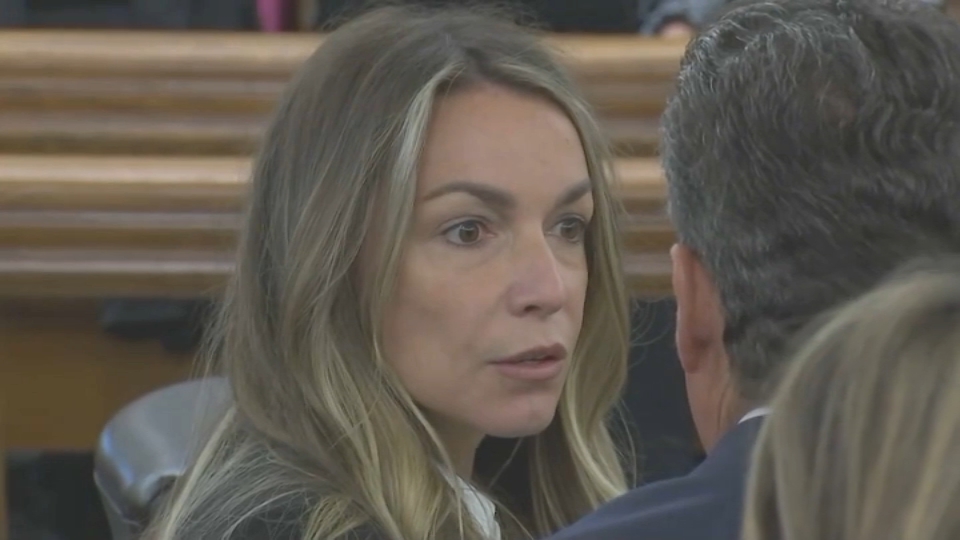"This hospital in particular was the only hospital that was serving the population in the region," said Dr. Hilarie Cranmer.
And now it's gone, leaving thousands of civilians without nearby medical care. Boston-based Cranmer is giving us perspective into the impact of Saturdays bombing of a Doctors Without Borders hospital in Afghanistan. 22 people were killed and many more injured by what's believed to be U.S. and Afghan led forces.
Doctors Without Borders volunteers run hospitals in war and disaster ravaged parts of the world. It's general director calling the air strikes a "war crime."
Monday, the U.S. General in Afghanistan gave an explanation.
"We have now learned that on October 3 Afghan forces advise that they were taking fire from enemy position. And asked for air support from US forces. If errors were committed we will it knowledge them. We will hold us responsible accountable and we will take steps to ensure mistakes are not repeated," said Gen. John Campbell, U.S. Commander in Afghanistan.
Dr. Cranmer trains medical workers about the dangers of embarking on volunteer missions. She says Saturday's attack is part of a disturbing trend.
"Over the last 10 years, we've noticed an increase in security for healthcare workers and humanitarian workers around the world that is the Red Cross that we carry in our vehicles no longer protect us that infect more often than not we are targets," said Dr. Cranmer.
Massachusetts
The latest news from around the state
Still, she believes people, especially here in New England will still volunteer for these medical missions.
"I think sometimes, being in the news for such a horrible reason actually motivate others and it's my job and my colleagues jobs to be able to train them to be best prepared to provide care in those settings.
At least one doctor on staff here at Massachusetts General Hospital was called to help at the Kunduz hospital, just days before the bombing. He didn't go because the risk was too great.



